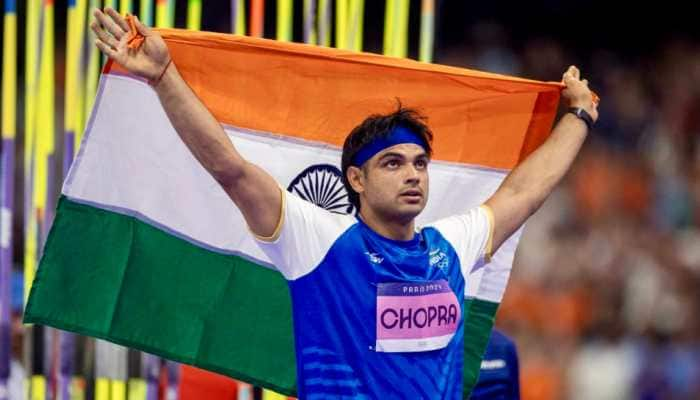How will a trip to Mars affect the human body? NASA lets us peek into its 'Twins Study'!
NASA Twins Study debuted at NASA’s Human Research Program’s annual Investigators’ Workshop in Galveston, Texas the week of January 23.
Trending Photos
) Identical twins, Scott and Mark Kelly, are the subjects of NASA’s Twins Study. (Image courtesy: NASA)
Identical twins, Scott and Mark Kelly, are the subjects of NASA’s Twins Study. (Image courtesy: NASA) New Delhi: In March 2016, American astronaut Scott Kelly returned to Earth after spending an entire year in space aboard the International Space Station (ISS) as a part of NASA's mission.
Kelly took part in various experiments that would help scientists back home determine the extent of changes a human will go through if sent into deep space, for instance, Mars.
For those of you who are unaware, Scott Kelly has a twin brother, a former astronaut, called Mark Kelly. After his return, Kelly was subjected to preliminary tests by scientists. NASA Twins Study debuted at NASA’s Human Research Program’s annual Investigators’ Workshop in Galveston, Texas the week of January 23.
Using Mark as a ground-based control subject, ten researchers are sharing biological samples taken from each twin before, during and after Scott’s mission. These samples act as an evidence of how the body is affected by extended time in space. These studies are far from complete. Additional research analysis is in process.
According to NASA, Mike Snyder, the Integrated Omics investigator, reported altered levels of a panel of lipids in Scott (the flight twin) that indicate inflammation. Additionally, there was an increased presence of 3-indolepropionic (IPA) in Mark (the ground-based twin). This metabolite is known to be produced only by bacteria in the gut and is being investigated as a potential brain antioxidant therapeutic. IPA is also known to help maintain normal insulin activity to regulate blood sugar after meals.
Susan Bailey’s investigation focuses on Telomeres and Telomerase. It is understood that when looked at over many years, telomeres decrease in length as a person ages. Interestingly, on a time scale of just one year, Bailey found Scott’s telomeres on the ends of chromosomes in his white blood cells increased in length while in space. This could be linked to increased exercise and reduced caloric intake during the mission. However, upon his return to Earth they began to shorten again. Interestingly, telomerase activity (the enzyme that repairs the telomeres and lengthens them) increased in both twins in November, which may be related to a significant, stressful family event happening around that time.
Mathias Basner’s study, Cognitive Performance in Spaceflight, is looking at cognition, especially the difference found during a 12-month mission as compared to six-month missions. Following the one-year mission, he found a slight decrease in speed and accuracy post mission. Overall, however, the data does not support a relevant change in cognitive performance inflight by increasing the mission duration from six to 12 months.
Other findings included decline in bone formation during the second half of Kelly's mission, a spike in inflammation soon after landing, an increase in IGF-1 hormone levels, prominence of differences in the viral, bacterial, and fungal microbiome between the twins, differences in microbial species observed in Scott on the ground versus his time in space and scientists are even trying to have a closer look to see if a “space gene” could have been activated while Scott was in space.
Through further research integrating these preliminary findings, in coordination with other physiological, psychological, and technological investigations, NASA and its partners will continue to ensure that astronauts undertake future space exploration missions safely, efficiently and effectively.
Stay informed on all the latest news, real-time breaking news updates, and follow all the important headlines in india news and world News on Zee News.
Live Tv







)
)
)
)
)
)
)
)
)
)
